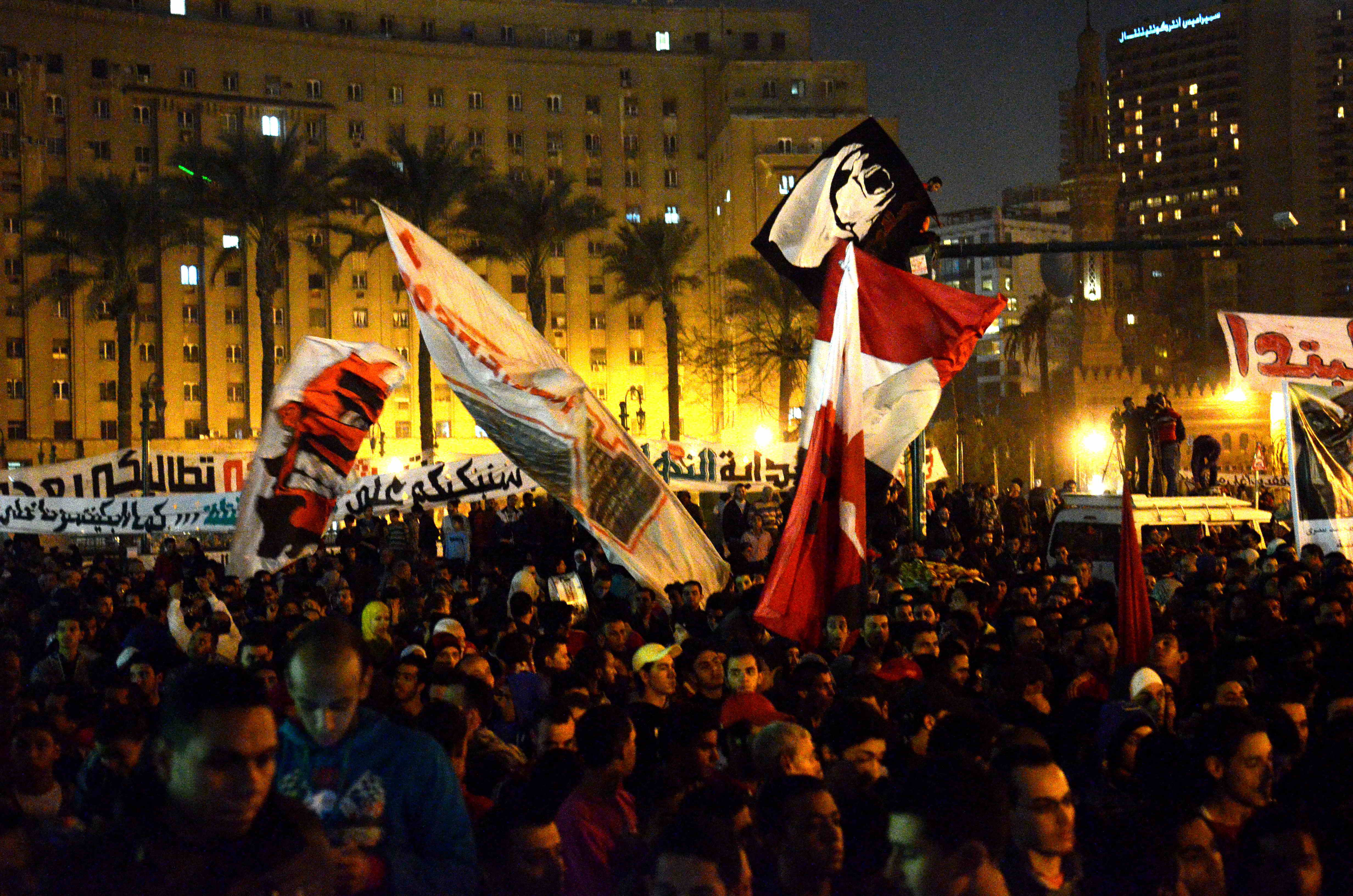The European Bank for Reconstruction and Development (EBRD) aims to encourage the Egyptian private sector, regional leaders said this week.
“Our priorities in Egypt are quite large,” said Hildegard Gacek, the managing director for Southern and Eastern Mediterranean region at the bank. “They are very significant but the main target, and I’d like to emphasise this, is really to encourage and support the private sector.”
The bank hopes to enhance the agribusiness chain, she said. Instead of exporting the valuable raw material, Gacek said the bank intented to produce the finished products.
The bank is investing in about 30 projects in Egypt, Morocco, Tunisia and Jordan with a total budget of €688m. Commenting on the projects’ investment progress, Gacrek said that “for one and a half years of business, I think that is not a bad achievement.”
In 2013, the bank had around six projects in Egypt but the total has since surged to nine.[es1]
The bank has invested a total of €203m in Egypt, which is more than any other country in the region aside from Morroco, which received €238m. However, planned investments in its energy sector are expected to propel Egypt to first place among the four countries.
On 9 February, the ERBD announced that it has signed an agreement to finance Shabab power plant. The EBRD, Saudi Fund for Development, Islamic Development Bank and East Delta Electricity Production Company will all contribute to the $900m project.
Last month, the EBRD announced that it had joined HSBC Bank Egypt in providing $100m to the Improved Petroleum Recovery group, an independent exploration and development company.
EBRD said that the financial investment aims to facilitate the company’s short-term growth strategy, which includes increased drilling, environmental and facilities upgrades and conducting integrated technical studies to increase production.
“Local currency finance is very important and also capital market development,” Gacek said.
“We had a delegation [of EBRD representatives] last week here [in Egypt] and were discussing with numerous holders at the stock exchange and the Central Bank of Egypt about better development of the capital market so that the companies are able tap [into] them.”


